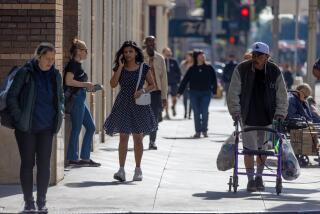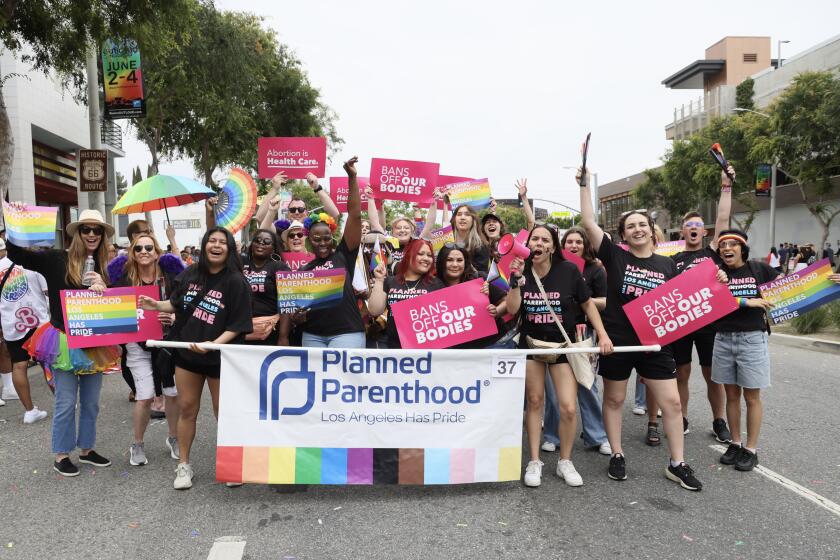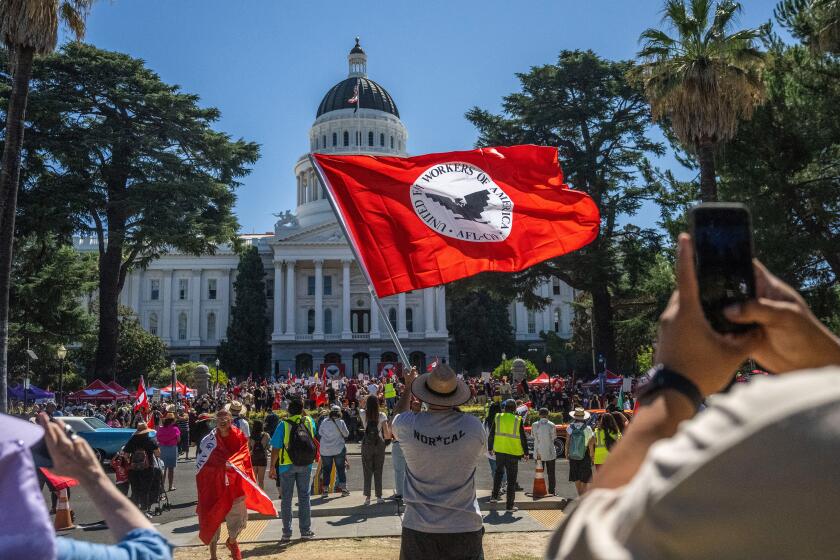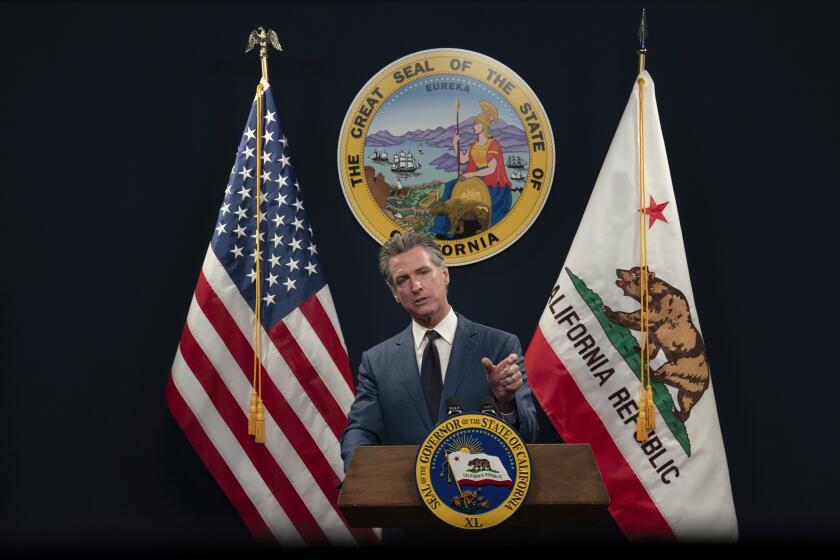Law Allowing Suits by Forced Laborers Voided
A federal judge in San Francisco on Wednesday struck down as unconstitutional the 1999 state law allowing wartime forced-labor victims to seek redress in California courts.
U.S. District Judge Vaughn R. Walker held that the California statute “infringes on the federal government’s exclusive power over foreign affairs.”
So ruling, he dismissed seven lawsuits brought by Chinese and Korean slave workers against giant Japanese companies, including Mitsubishi and Kajima.
In a related case, Walker also rejected four Filipino conscripted workers’ complaints against the Mitsui and Ishihara firms, holding that the 1951 peace treaty between the United States and Japan barred the plaintiffs from suing them. The Philippines was a signatory to the treaty.
“We are disappointed in the court’s ruling but we anticipate filing an appeal,” said Los Angeles attorney Kevin Roddy, who represents plaintiffs of Korean and Chinese descent.
But Los Angeles lawyers Douglas Mirell and Matthew Digby, whose clients include Taiheiyo Cement Corp., said they were “gratified by the outcome” of both cases and “by the obvious care” taken by Walker in arriving at the results.
The federal court decisions contradict a state court ruling Friday that allowed former Korean slave laborer Jae-Won Jeong’s suit to go forward.
In that decision, Los Angeles Superior Court Judge Peter D. Lichtman rejected a key defendant’s argument that the 1951 peace treaty between Japan and the United States preempted victims’ claims.
But in his 44-page ruling, Walker wrote that treaties made under the authority of the United States, such as the Treaty of Peace with Japan, are “the supreme law of the land.”
Century City attorney Barry A. Fisher, who represents Jeong, predicted that “the rights of the victims will be upheld in both the state and federal appeals courts.”
Advocates for the former slave laborers reacted angrily to Walker’s decisions.
Victims of Japanese atrocities during World War II are being treated differently from the victims of Adolf Hitler’s Germany by the federal judiciary, said Ann Lau of the Alliance to Preserve the Truths of Sino Japanese War, a statewide grass-roots organization dedicated to exposing the truth of that 1931-45 conflict. “The judge’s decisions, if allowed to stand, go against what this country stands for.”
Last September, Walker dismissed a lawsuit brought by former prisoners of war, saying the 1951 peace treaty between the United States and Japan waived claims against Japan for actions taken during the war.
Under the state law struck down by Walker, a World War II forced-labor victim is “any person who was a member of the civilian population conquered by the Nazi regime, its allies or sympathizers . . . forced to perform labor without pay for any period of time between 1929 and 1945, by the Nazi regime, its allies and sympathizers, or enterprises transacting business in any of these areas under the control of the Nazi regime or its allies and sympathizers.”
This month the U.S. Senate approved a measure that would help aging former prisoners of war seeking reparations from Japanese companies for forced labor.
The bill would prohibit the Justice and State departments from spending funds to oppose the former POWs’ lawsuits against the Japanese companies.
“I am glad that my tax money can no longer be used to fight me,” was La Jolla resident Lester Tenney’s reaction to the measure. Tenney survived the Bataan Death March and was among the POWs whose cases were dismissed by Walker.
Unlike the European Holocaust cases, the suits against Japanese companies, who used slave labor throughout Asia before and during World War II, have been met with resistance from the United States.
In its position papers, the U.S. government has consistently sided with the Japanese legal position.
More to Read
Start your day right
Sign up for Essential California for news, features and recommendations from the L.A. Times and beyond in your inbox six days a week.
You may occasionally receive promotional content from the Los Angeles Times.






